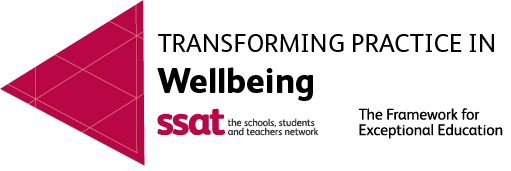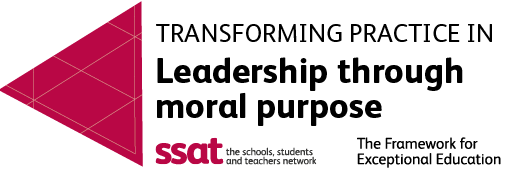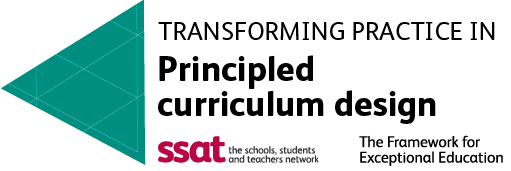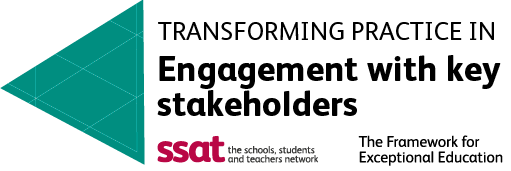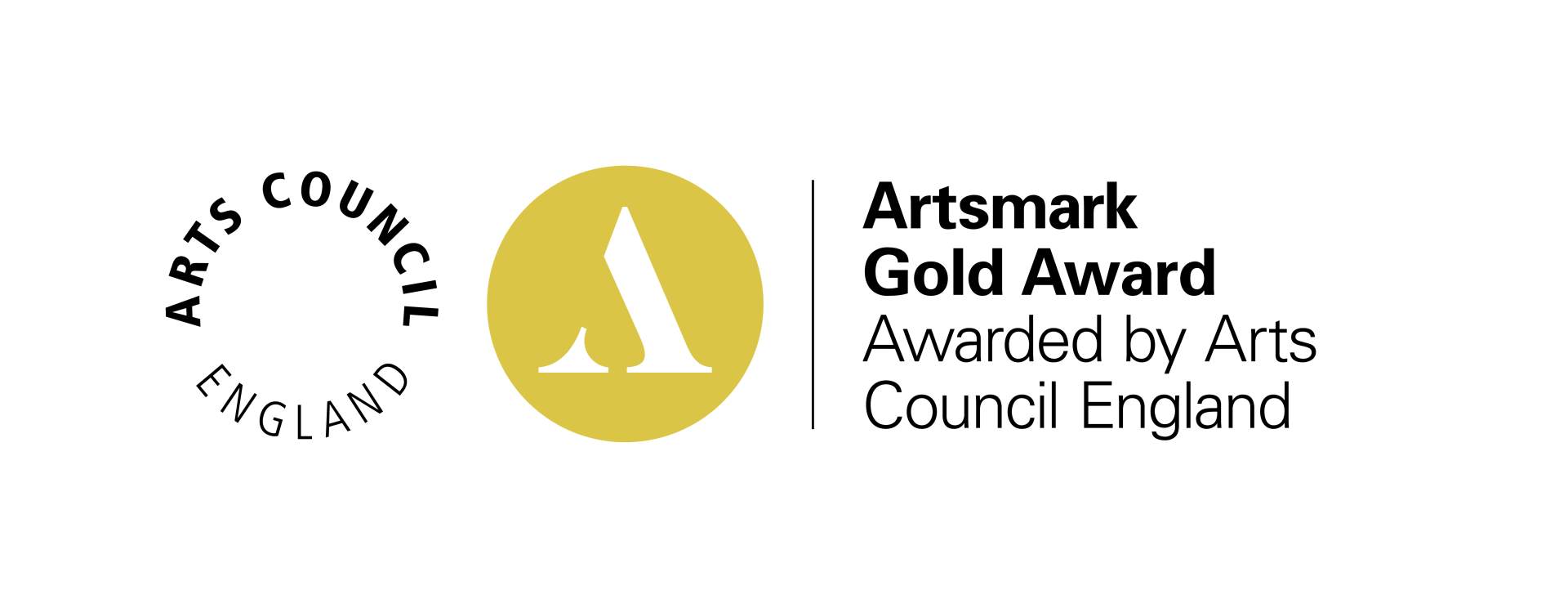Creative Digital Media Production (Applied OCR Level 3 National Extended Certificate)
Course Specification |
|
Subject Specific Entry Requirements |
General Entrance Requirements – 5 Level 4 grades at GCSE (including English and Maths) |
Costs Associated with this Course |
Under review. More information to follow. |
Who is this qualification for?
This qualification is designed for you if you’re 16 years old or over and want to study digital media concept and product development. It’s designed to be taken alongside other vocational qualifications or A levels, such as Cambridge Technicals in Business, A level English or Art and Design, or Cambridge Technicals in Performing Arts within your 16-19 study programme, primarily to support the main subjects you are taking. Achievement of this qualification can support you to go on and study in a Higher Education Institution either on relevant Media degrees or to support progression on to other degree courses.
Why Creative Digital Media Production?
The Level 3 Cambridge Technicals in Digital Media qualifications help students to achieve their potential and progress to the next stage of their lives, whether that’s higher education, an apprenticeship or employment. The course has been designed to include refreshing and exciting content that’s up to date, engaging, fit for purpose and suitable for the needs of students. To do this, OCR consulted with universities, employers and industry specialists to make sure students will gain the right combination of knowledge, understanding and skills required for the 21st century. An extensive range of centre assessed units with practical and wider project-based assessment opportunities, as well as examined units on media products and audiences, pre-production and planning, social media and globalisation, and research for product development has resulted in focused qualifications. Depending on the size chosen, these qualifications either complement a Key Stage 5 study programme alongside other vocational qualifications or A Levels, or may make up the bulk of a two-year study programme. Our diplomas have vocational pathways within them that students can follow (one pathway must be achieved).
What does this Qualification Cover?
In the Cambridge Technical units there are opportunities during the teaching and learning phase to give learners practice in developing employability skills. Where employability skills are referred to in this specification, we are generally referring to skills in the following three main categories:
- cognitive and problem-solving skills: use critical thinking, approach non-routine problems applying expert and creative solutions, use systems and technology
- intrapersonal skills: communicating, working collaboratively, negotiating and influencing, self-presentation
- interpersonal skills: self-management, adaptability and resilience, self-monitoring and development.
There are also specific requirements in some units for assessment of these skills where relevant. For example, where learners are required to undertake real or simulated activities.
How does the qualification provide employability skills?
In the BTEC National units there are opportunities during the teaching and learning phase to give learners practice in developing employability skills. Where employability skills are referred to in this specification, we are generally referring to skills in the following three main categories:
- cognitive and problem-solving skills: use critical thinking, approach non-routine problems applying expert and creative solutions, use systems and technology
- intrapersonal skills: communicating, working collaboratively, negotiating and influencing, self-presentation
- interpersonal skills: self-management, adaptability and resilience, self-monitoring and development.
There are also specific requirements in some units for assessment of these skills where relevant. For example, where learners are required to undertake real or simulated activities.
How does the qualification provide transferable knowledge and skills for higher education?
All Cambridge Technicals provide transferable knowledge and skills that prepare learners for progression to university. The transferable skills that universities value include:
- the ability to learn independently
- the ability to research actively and methodically
- being able to give presentations and being active group members.
Learners can also benefit from opportunities for deep learning where they are able to make connections among units and select areas of interest for detailed study.
Cambridge Technicals provide a vocational context in which learners can develop the knowledge and skills required for particular degree courses, including:
- reading varied texts
- audio-visual literacy
- effective writing
- research and analytical skills
- creative development
- preparation for assessment methods used in degrees.



 Safeguarding
Information
Safeguarding
Information Arbor
Arbor